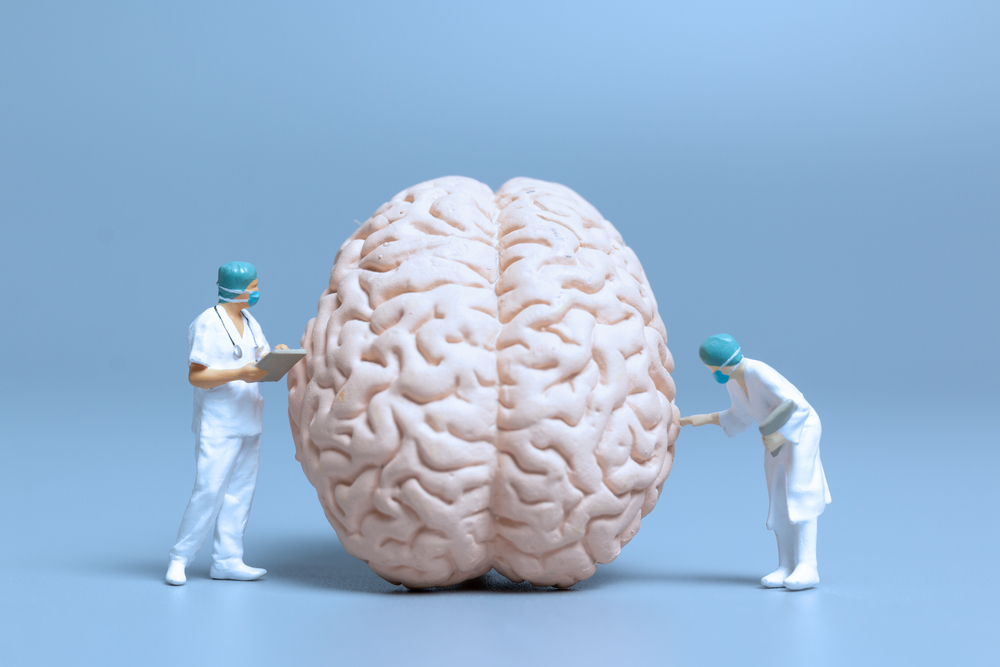Positive effects of Ramadan on mental health
Author : Dr.Tulika | 27 Dec 2023

The pious month of Ramadan is extremely important for the Muslim community. As a secular country, India observes each and every festival in its entirety; for example, Ramadan is a 30-day fast celebrated with zeal, followed by Eid-al-Fitr, which marks the last day of Ramadan.
Unlike any fasting, Ramadan is considered one of the most difficult fasting. As per the ritual, Muslims fast from dawn to sunset during Ramadan and refrain from indulging in any snacks, having any drinks, smoking cigarettes, or getting involved in any sexual activity. This applies to any medication, even if it's swallowing a pill dry, (without water) and swallowing your own saliva. During Ramadan, all evil deeds are forbidden, including self-destructive behavior and anger toward others. Muslims suffering from serious illnesses are exempt from fasting during Ramadan.
Muslims can eat and drink as much as they need after sunset and during the night, substituting for the insufficiency of liquid and calorie intake during abstinence. Late eating and drinking, whether alone or in a social assembly, will reduce the amount of time available for nighttime sleep. As a result, Ramadan is likely to have an impact on the body's metabolism and the diurnal sleep cycle.
Similarly, not just the body, it also has an impact on mental health. As per the studies, it has been noted that fasting has a mostly positive impact on the human brain.
As the rules are fixed and cannot be amended as per the desire, most of the time, it needs consistency and a promising nature to complete.
Let’s find out the known positive impact of Ramadan on mental health.
It’s a lot more than just staying away from food
Fasting is more than just not partaking of food. You also eliminate detrimental dialogue, such as being ignorant or indecent, as well as negative actions, such as arguing or having to fight. This allows us to concentrate on establishing better habits and increasing the handful of positive deeds we perform.
Ramadan can provide us with the spiritual strength to examine our patterns and preferences. Furthermore, the potential to refrain from engaging in unhealthy habits for the whole day can be a major step toward reconfiguring and constructing tolerance to cravings while also addressing any urges and emotions.
Throughout Ramadan, there is a focus on charity and thinking of those in need to find ways to bring our community together. This is the month when we begin to consider how we can pay back and relate to our family and loved ones.
Increasing brain power
You're probably aware of the significant effects fasting can have on your mental health and divine emphasis, but Ramadan's brain-boosting powers are even more remarkable than you could ever think. According to a study conducted by the researchers, the mental focus achieved during Ramadan increases the level of brain-derived neurotropic factors, which causes the body to produce more brain cells, thereby improving brain function that might reincarnate a whole new divine thought process.
Sports and their effects on mood
Ramadan's effects on mental well-being in sports and physical activity were mostly positive, if not entirely negative.
It has been seen that during Ramadan, the sports spirit is no less than before Ramadan. Music tends to improve sports performance in physical education students during Ramadan, but the different effects on enjoyment and anxiety were inconsistent with music's motivational enhancement.
These positive results could be attributed to the fact that the observed samples are made up of young, physically active people. In general, athletes try to lose weight only before or after Ramadan.
Charity and well-being
Ramadan is a time to ponder others in everything you do. By assisting others, you are indeed creating a real difference in the lives of others, but you are also improving your own emotional well-being. This sensation is accompanied by a sense of ultimate satisfaction. Charities have always been linked to improved health, including streamlined blood pressure levels, vibrational frequency, less anxiety, lower stress levels, longer life, and contentment. This so-called "helper's high" is the cognitive feel-good effect of generosity, which activates pleasure-related parts of the brain. Many madrassas and households look for volunteers to help distribute food boxes and happiness to the underprivileged. Volunteering your time for activities like these is an opportunity to give back.
Family and mental health
Festivities are a significant luxury to be with family, participate in fun conversations, and get to know each other much better nowadays. The more time you spend with loved ones, the healthier you will feel, and Ramadan is a great time to enjoy the company of those you care about. According to one study, people over 50 who saw family and friends at least three times a week had lower rates of depression. Breaking the fast or visiting the mosque together also exercises the brain and enhances memory performance. Furthermore, the benefits of a communal meal, such as Iftar, can be good for kids to promote both language and health development.
Ramadan, as per many studies, always brings out the majority of positive impacts on the human mind, and the above points clearly state this.
















